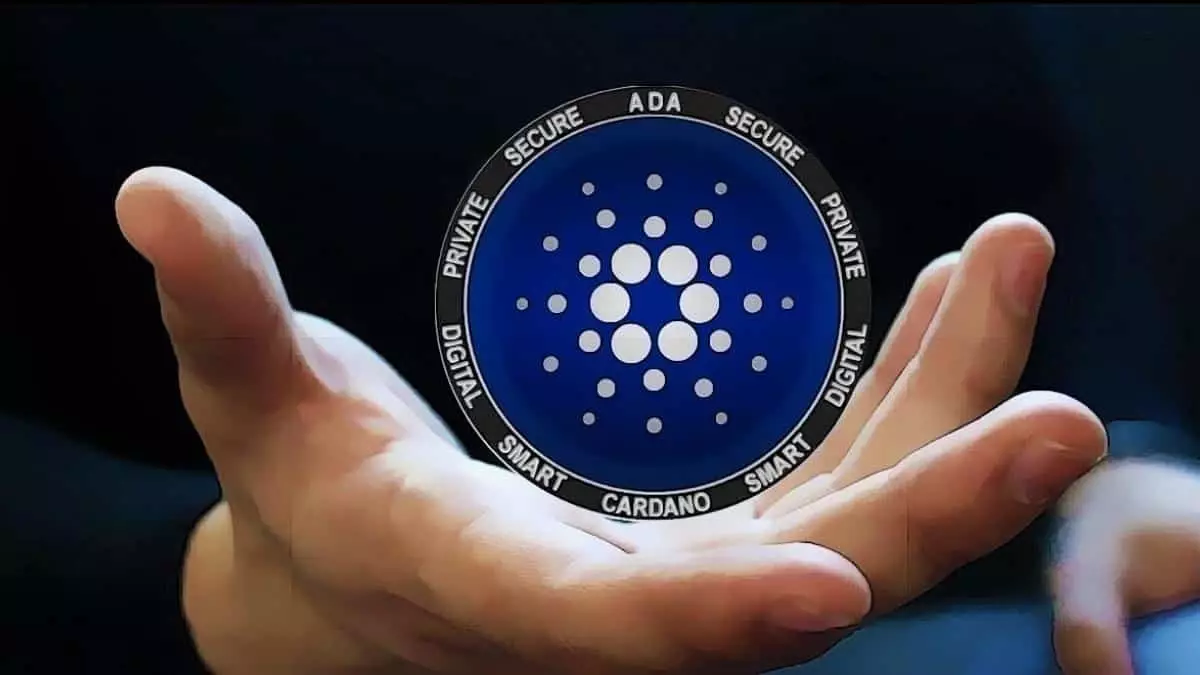In the rapidly evolving landscape of blockchain technology, integrity is paramount. The recent dust-up surrounding Cardano founder Charles Hoskinson and allegations of a staggering $619 million in misappropriated funds has led to deep-seated concerns about trust and accountability in the crypto sector. This incident highlights a broader issue: how reputations can be swiftly and shockingly tarnished in the digital age, often without substantial evidence.
The Genesis of Allegations
The drama began on May 7, 2025, when a social media user named Masato Alexander leveled serious accusations against Hoskinson, claiming that he had orchestrated the illegal movement of approximately 318 million ADA during a routine blockchain update, known as the Allegra Hard Fork that took place back in 2021. These kinds of allegations are not just speculative; they are incendiary, capable of shaking the very foundations of public confidence in Cardano. Alexander posited that Hoskinson had covertly utilized this update to erase ownership traces of these funds, redirecting them into reserves under his control, which, if true, constitutes a profound breach of trust.
This kind of accusation is explosive in the crypto arena, where the combination of a charismatic leader and a speculative currency can lead to swift consequences. It begs the question: how much verification is necessary before we can accept claims made in the public forum as truth? In times where citizens are increasingly skeptical of authority figures, Hoskinson’s reputation hung by a thread from these sweeping generalizations.
Public Reaction and Hoskinson’s Response
As the rumors gained traction, the reaction from the Cardano community was predictably polarized. Some rushed to defend Hoskinson, citing his previous contributions to the blockchain landscape, while others portrayed him as yet another cautionary tale of a charismatic leader succumbing to the temptations of power. It is easy to jump to conclusions, especially when sensational claims are made, but Hoskinson’s immediate pushback is also telling. He attempted to clarify the allegations by explaining the implications of the hard fork and the subsequent changes to ADA vouchers.
His insistence on potential legal action against Alexander seems more than just a defensive mechanism; it illustrates the fragility of a public persona in an age of misinformation. But his vow to undergo a full audit could be seen as a double-edged sword. Although it serves as a gesture of transparency, it also leaves the door open for even greater scrutiny and potential fallout.
The Shift in Community Engagement
In light of the controversy, Hoskinson announced an evolution in how he will interact with the Cardano community. While his plans to maintain some level of public presence are commendable, his decision to hand over his X account to a media company presents a troubling dichotomy between transparency and control. As he noted, “Infinite accessibility just enables it to happen again and again.” This statement reveals a gnawing concern that, while engaging openly can foster community trust, it also invites unfounded allegations from those who aim for sensationalism rather than constructive dialogue.
One has to wonder: will this move genuinely help in restoring trust, or will it merely shift the intrigue from one man to a faceless media entity? A balance must be struck between accessibility and accountability. The narrative should not hinge solely on Hoskinson, as the broader Cardano ecosystem is also involved.
The Broader Implications for Crypto Integrity
This entire episode shines a glaring light on the fundamental issue of trust in the decentralized world of cryptocurrency. Each scandal serves as a lesson for not just the involved parties but for the entire industry. As cryptocurrencies continue to pursue mainstream acceptance, the importance of ethical stewardship becomes all the more crucial. The sentiment post-incident might be a double-edged sword: while it’s imperative to promote accountability, excessive sensationalism could yield detrimental results to countless honest projects and innovators.
As Cardano navigates through this storm, it can either become a testament to resilience or a cautionary tale of what happens when trust is breached. Moving forward, collective responsibility from the community, developers, and leaders alike is essential in rebuilding confidence in this promising landscape that, ironically, thrives on the tenets of transparency and integrity.
















Leave a Reply